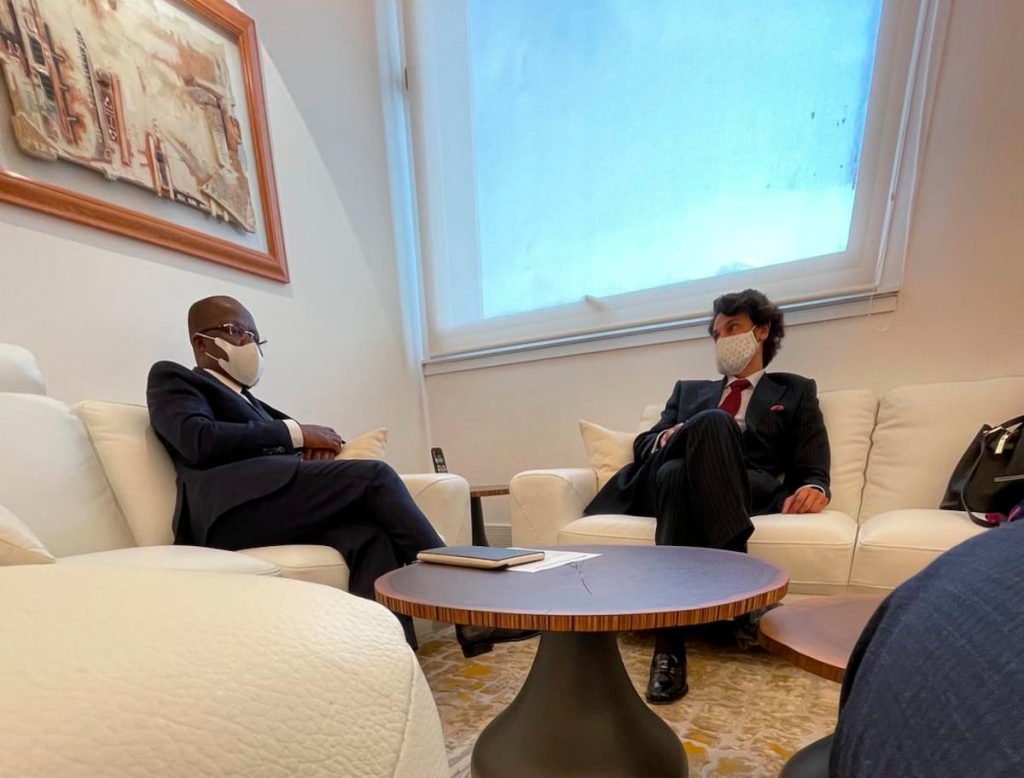The Prosecutor’s Office is willing to accept a reduction in the penalty requested against businessman Alberto González Amador, partner of the president of Madrid, Isabel Díaz Ayuso (PP), who is charged with tax fraud for falsifying invoices in the tax returns of his company Maxwell Cremona in 2021 and 2022 to avoid paying 350,000 euros in taxes. The serious crimes allegedly committed by Ayuso’s boyfriend in deducting non-existent expenses amounting to 1.8 million euros are punishable by between two and 10 years in prison. The tax file detailing 18 months of fiscal investigation shows how González Amador responded to suspicions raised by tax inspectors by providing documentation about his business dealings in Mexico and Ivory Coast, including plane tickets, contracts with intermediaries, and photos with health authorities. However, this documentation was used by tax inspectors to support their conclusions about the tax frauds committed by the partner of the president of the Madrid region.
The document compiled by tax inspectors over the 18-month investigation, along with evidence provided by González Amador, convinced him of the need to reach an agreement, admit guilt, and avoid imprisonment. The latest draft agreement stipulates that the Prosecutor’s Office will request a sentence of four months in prison for each of the two tax offenses against the Tax Authority, along with a fine of 40% of the defrauded amount, totaling 60,000 euros for 2021 and 78,380 euros for 2022. The Prosecutor’s Office will not oppose the suspension of González Amador’s prison sentences as they are less than two years and all civil responsibilities have been met.
González Amador, an auditor in the healthcare sector, saw a significant increase in his company’s revenue from 357,000 euros in 2019 to 2,330,000 euros in 2020. However, despite the substantial increase in income, the amount of tax paid decreased. The inspection suspected that he was deducting fictitious expenses in order to avoid paying higher taxes, using fake invoices from companies lacking the means to provide the billed services. The tax inspection report, spanning 200 pages, includes evidence of the tax crimes committed by the businessman.
In one instance, González Amador attempted to deduct 620,000 euros by claiming expenses related to a business venture in Mexico that never materialized. He also claimed expenses of 922,000 euros for a failed deal involving the sale of vaccines to Ivory Coast. Despite submitting documentation to support these claims, the tax inspectors uncovered the fraudulent nature of the transactions, leading them to conclude that González Amador’s actions were part of a deliberate pattern to evade taxes using false documents and invoices.
González Amador’s lawyer claimed that the inclusion of these expenses was an error and that the amounts were later repaid to the tax authorities. However, inspectors noted that the cancellation of the invoices coincided with the tax investigation, suggesting a deliberate attempt to evade taxes. The repeated instances of similar fraudulent behavior led inspectors to believe that González Amador’s actions were not mere accounting errors but part of an organized scheme to avoid taxation as his company’s revenue increased significantly. Despite admitting to the wrongdoing, González Amador maintains that he did not intend to commit tax fraud and rectified the situation by repaying the amounts owed to the tax authorities.


